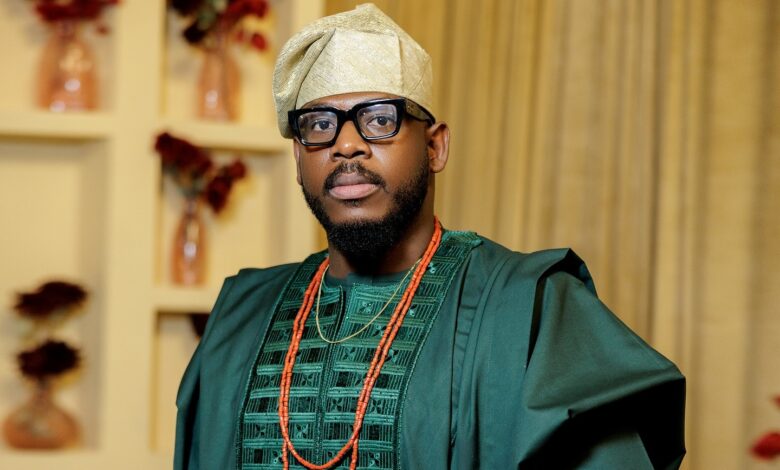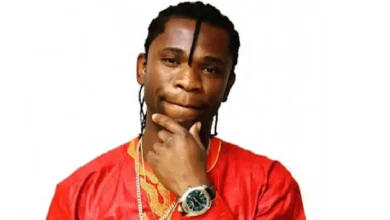BBNaija’s Frodd Shares Childhood Trauma as Online Discussions Around Abuse Resurface

As controversy continues to surround recent comments made by singer Speed Darlington, Big Brother Naija alumnus Frodd has taken a courageous step by sharing his own story of childhood trauma—sparking an important conversation about protecting children and recognizing signs of distress.
In a heartfelt post, Frodd revealed that he endured inappropriate behavior from domestic workers during his early years. According to him, these incidents took place between the ages of five and nine and involved individuals entrusted with his care.
“As a child, I was physically mistreated from the age of 5 to about 9 by different house helps we had—except for the lady that nurtured me at my baby stage (Aunty Chinenye),” Frodd shared. “The rest may be reading this or may be in different parts of the world, plus a certain neighbour.”
Frodd’s revelation has redirected public attention from the backlash aimed at Speed Darlington, who faced criticism for a livestream in which he made inappropriate remarks about a past encounter involving a teenager. Following widespread public concern, the matter was flagged by relevant authorities, who have since initiated a review of the statements made.
In contrast, Frodd’s disclosure has served as a powerful reminder of how important it is to create safe spaces for children to speak and to ensure that caretakers are closely vetted.
“When your little boy or girl starts becoming attracted or irritated by a big aunty or uncle (watch those aunty’s well),” he wrote. “We couldn’t speak then because parents didn’t give us that relationship, and they never read the room.”
His openness has sparked meaningful dialogue on social media, with many users commending his bravery and sharing their own experiences from childhood. Several noted that children often don’t have the language or confidence to describe what they go through, especially in households where emotional openness isn’t encouraged.
One user reflected, “You’d be surprised how many people from the ’90s grew up with unspoken experiences like this. I’m glad today’s parents are more alert and protective.” Another added, “That era taught us to stay quiet. Now, we must learn to listen—especially to the subtle signs from children.” Others used the opportunity to highlight that both boys and girls are vulnerable and deserve equal protection and support.
While the online space can sometimes amplify harmful narratives, Frodd’s post shows how platforms can also be used to heal, educate, and promote awareness. By speaking out, he has opened the door for more survivors to come forward and for society to reflect on how to better protect children—starting with listening, believing, and offering them the space to express their emotions freely.
His message stands as a timely call to parents and guardians: pay attention, stay present, and never underestimate the importance of building trust with your children.




